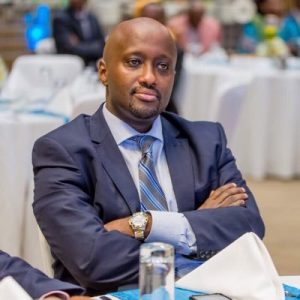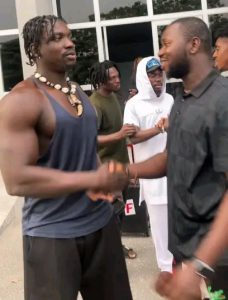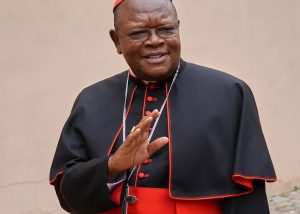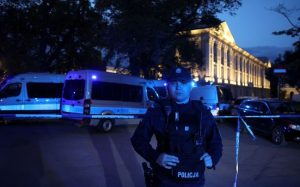Trump asks Supreme Court to pause sentencing in hush money case
4 min readOn Wednesday, President-elect Donald Trump filed an emergency request with the U.S. Supreme Court, asking it to pause his sentencing in the hush money case, a highly unusual move in a criminal case. This request follows a decision by a New York state appeals court, which rejected Trump’s attempt to delay the sentencing, scheduled for Friday. The appeal to the Supreme Court is based in part on the court’s decision last year, granting Trump broad immunity from criminal prosecution.
Trump’s lawyers argue that pausing the sentencing is crucial to prevent “grave injustice and harm to the institution of the presidency and the operations of the federal government.” In response to the filing, a spokesperson for Manhattan District Attorney Alvin Bragg stated that the office would respond in court. The Supreme Court has asked prosecutors to file their response by 10 a.m. ET Thursday.
Trump’s legal team is also appealing to New York’s highest court, acknowledging the unusual nature of seeking both federal and state court intervention so close to the scheduled sentencing. They argue that proceeding with the sentencing would pose risks to national security and the presidency itself, claiming it could result in stigma, public outrage, and potential criminal penalties. Trump’s attorney, Todd Blanche, contends that this would violate the Supremacy Clause and the principle of presidential immunity.
Trump, who was convicted in May on 34 counts of falsifying business records, is appealing his conviction. These charges stem from his efforts to reimburse his lawyer, Michael Cohen, for a $130,000 hush money payment made to adult film star Stormy Daniels, who had alleged an affair with Trump prior to the 2016 election—a claim Trump denies. The president-elect argues that his conviction should be overturned, citing a ruling by the U.S. Supreme Court in July that former presidents are entitled to immunity for official actions.
Trump’s request to the U.S. Supreme Court is notable because his criminal case has not been fully resolved by New York courts. The trial judge, Juan Merchan, recently upheld Trump’s conviction and indicated that Trump, who is set to be inaugurated on January 20, would face no legal penalties at this time. The Supreme Court’s involvement in this case is likely to face procedural hurdles, especially given that the case is still ongoing in the state court.
Legal experts, such as Steve Vladeck, a professor at Georgetown University Law Center, have expressed skepticism about Trump’s request. Vladeck argued that Trump’s efforts to prevent sentencing before it even occurs are highly unusual. While Trump’s legal team relies heavily on the argument of presidential immunity, Vladeck notes that it is unclear why the sentencing, which would not immediately result in penalties, needs to be blocked. Instead, it could be reviewed through an ordinary appeal process.
Trump’s spokesperson, Steven Cheung, defended the request, describing it as an effort to correct what he termed “unjust actions by New York courts” and stop the “unlawful sentencing” in what he calls the Manhattan District Attorney’s “Witch Hunt.”
Earlier, a New York appellate judge swiftly rejected Trump’s request to postpone the sentencing after a brief hearing. Trump’s legal team acknowledged that seeking to halt the sentencing through both state and federal courts was unprecedented, but they emphasized the urgent timeline. While the Manhattan district attorney’s office argued that a one-hour sentencing hearing would not disrupt Trump’s duties as president-elect, Trump’s legal team insists that continuing to defend against the case would undermine his responsibilities, especially during a critical transition period just weeks before his inauguration.
If Trump’s legal team is successful in halting the proceedings, it could delay the case for months while they continue their efforts to overturn the conviction. Trump’s lawyers are also relying heavily on last year’s controversial Supreme Court decision, which could bolster their argument for presidential immunity. They also argue that defending against criminal charges is burdensome and could distract from the vital tasks of preparing for the presidency, particularly with regard to national security.
Judge Merchan, however, had previously rejected Trump’s immunity arguments, ruling that the conduct in the hush money case was not part of Trump’s official presidential duties and, therefore, did not qualify for immunity.
In addition to asking the Supreme Court to intervene, Trump’s legal team requested an administrative pause on the lower court’s proceedings. If granted, this would provide the justices additional time to review the legal briefs before making a final decision on whether to grant the requested delay in sentencing. The outcome of these appeals could have significant implications not only for Trump’s legal case but also for the broader relationship between presidential powers and criminal accountability.








